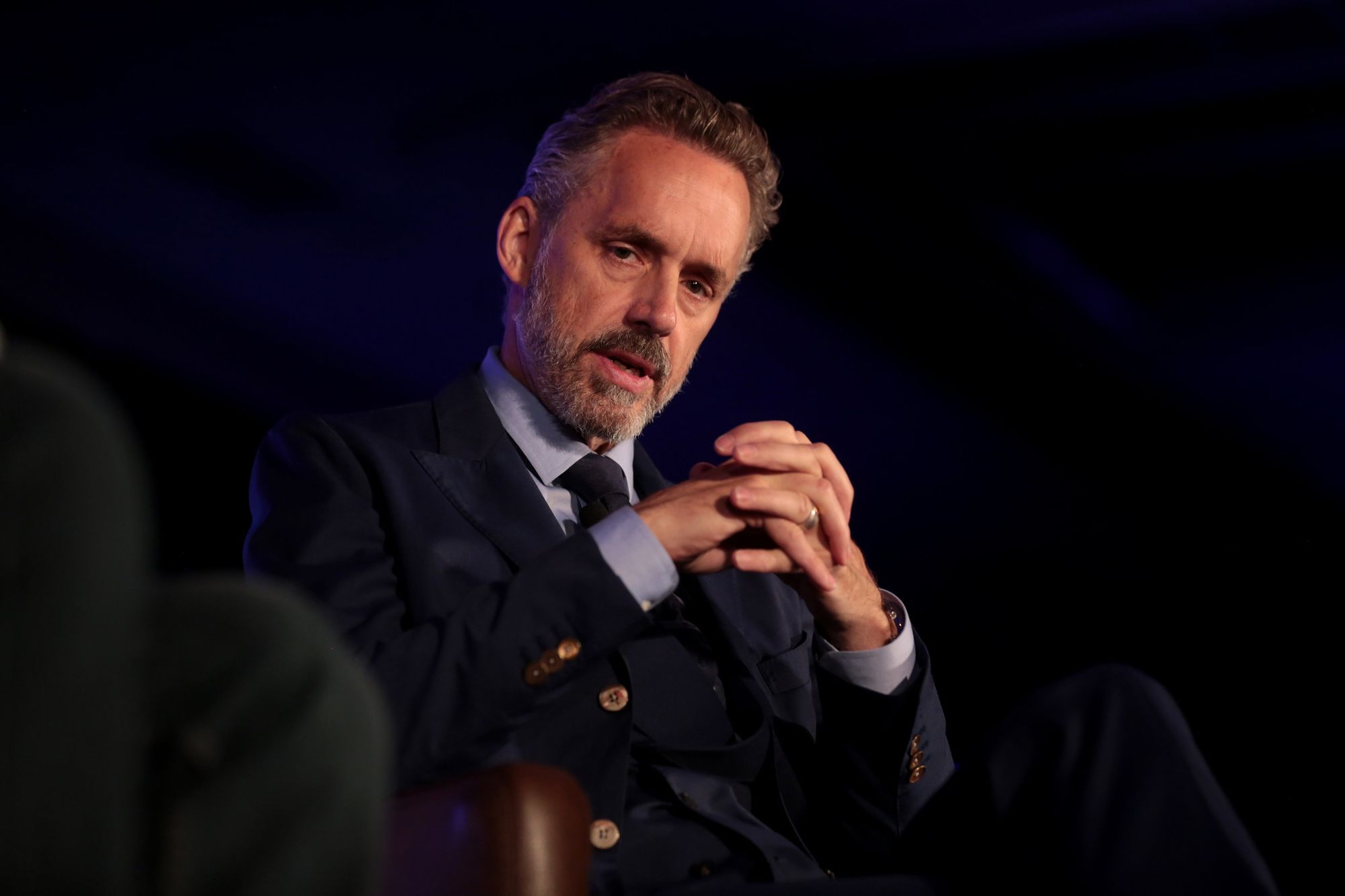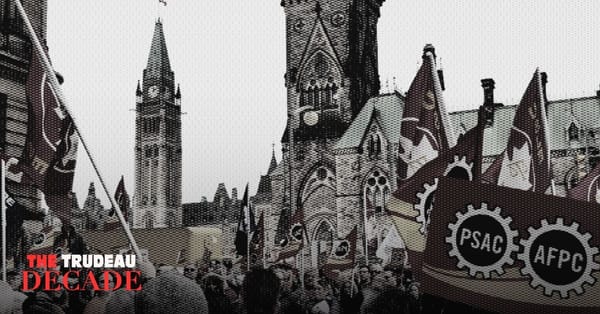After seemingly overcoming his life-threatening battle with drug addiction, Jordan Peterson has returned with a new book, Beyond Order: Twelve More Rules for Life, set to be released in March.
With Peterson coming back into public life, new discussions about him have also arisen, including on whether or not his experience with addiction relates to the applicability of his self-help philosophy, and if we should even be bringing it up in our critiques of him.
It’s a fair question to ask, but ultimately Peterson’s experience with addiction is worth mentioning in critiques of him going forward. This is because it reveals not only a personal hypocrisy that is relevant as he presents himself as a role model for young men, but also the problem with the so-called self-help industry as a whole, as well as how society treats drug addiction.
Peterson’s solution for society’s ills is for us to abjure any possible policy-based or collective response to our alienation and struggle. Instead he infamously insists that we need to “clean our room” before we can so much as consider the idea that any of this — besides the plot of the pernicious “post-modern neo-Marxists” and their political correctness, that is — might have something to do with politics.
This ideology is what informs the rules of his most recent book, 12 Rules for Life: An Antidote to Chaos, which proposes individual, as opposed to collective, solutions to problems. So, while addiction isn’t a moral issue, it would be unjust for us to completely ignore the profound hypocrisy of one of our most popular propagandists, who, in reaction to his own tragedy, ignored the rules he pushed as solutions to the problems young men face.
Peterson has violated a number of the rules in this book. For example, Peterson hasn’t followed what Norman Doidge, in the foreword to 12 Rules, calls the “foremost rule,” which is, “You must take responsibility for your life.” Peterson has refused to consciously acknowledge what he experienced as an addiction — carefully calling it a dependency — and blamed both his doctor and the medication itself for his suffering.
Nor has he followed rule eight: “Tell the Truth – or at least don’t lie.” Peterson has claimed he wasn’t aware of the addiction potential of benzodiazepines. This is difficult to believe, as Peterson practiced as a clinical psychologist, taught at the University of Toronto with a PhD in psychology and has previously done research involving alcohol addiction and dependency. He couldn’t have performed all of these jobs successfully if he failed to learn about the history of anti-anxiety medication and the risks of their use.
We shouldn’t judge Peterson — or anybody else — for suffering from addiction. But his obvious hypocrisy and complete unwillingness to make even the most basic attempt at following his rules should tell us something about how unserious and inapplicable they are for anyone trying to deal with real tragedies in their lives.
Rule six is, “Set your house in order before you criticize the world.” That Peterson is now releasing a sequel to 12 Rules, lecturing us for a second time about how we’re all supposed to live, is a bit galling, considering he continues failing to follow the rules he set out in the first book.
Ultimately, however, the issue isn’t that Peterson didn’t follow his rules, but rather that they likely wouldn’t have helped him much anyways.
Applying the ethos of personal responsibility as the solution to mental illness and drug addiction not only prevents medical assessment and treatment, but suppresses the social, political, and economic realities that often determine one’s personal struggles. These realities decide whether someone struggling with drug addiction can access the resources needed to be able to function and live a life with dignity, not “personal responsibility.”
Peterson survived drug addiction not because of his rules, but rather because he could access treatments completely out of reach to most of us. Whether it’s mental health or drug addiction treatment (two luxuries afforded to Peterson himself in recent years), this class divide persists.
Every stage of the Peterson story reveals another one of the inequities and moral hypocrisies at the heart of our self-delusions regarding drug use and addiction.
Peterson wasn’t subject to the same treatment and dictums that anyone without his celebrity and money would receive. Nor was he subject to the infinite indignities of criminalization and stigmatization the vast majority of “drug addicts” experience.
Peterson was lucky enough not to be addicted to contaminated street opioids and risk death with every use; he was addicted to prescription benzodiazepines, cleanly synthesized in regulated dosages.
He wasn’t forced through Canada’s labyrinthine and wholly insufficient public treatment system; he could afford multiple rehabs in North America (before his Eastern European sojourn). Most Canadians would have trouble affording a single rehab in their own province. Privatized addiction treatment proves that our “universal” public healthcare system isn’t truly universal; outside a few overcrowded detox centers, rehabs are private and unregulated. It’s not uncommon to hear of families mortgaging their home to afford treatment for a loved one, even if the effectiveness of the cure a rehab promises is open to debate.
To modify — or perhaps extend — Martin Luther King, Jr.’s famous maxim, we have drug treatment for the rich, rugged individualism for the poor. Evidently, the same rules for life don’t apply to everybody.
The discrepancy between how Peterson was treated — medically and by the media — and the rest of us are treated when it comes to issues of drug use and addiction illustrates the severe inequality most Canadians live with everyday. Who gets to live and tell their story depends on who they are and how much money they have.
Peterson tells us to eschew the political analysis and organizing necessary to change the effect various manifestations of class conflict have on our daily lives. It’s fair for us to discuss Peterson’s addiction because of the role these narratives and philosophies of “personal responsibility” have played in Canada’s failed drug policies, preventing us from addressing the political and structural foundations of drug addiction and its treatment.
The world would have better use for “12 Rules For Life” from someone who has made it through Canada’s labyrinthine public addiction treatment system and lived to tell the tale.







Member discussion